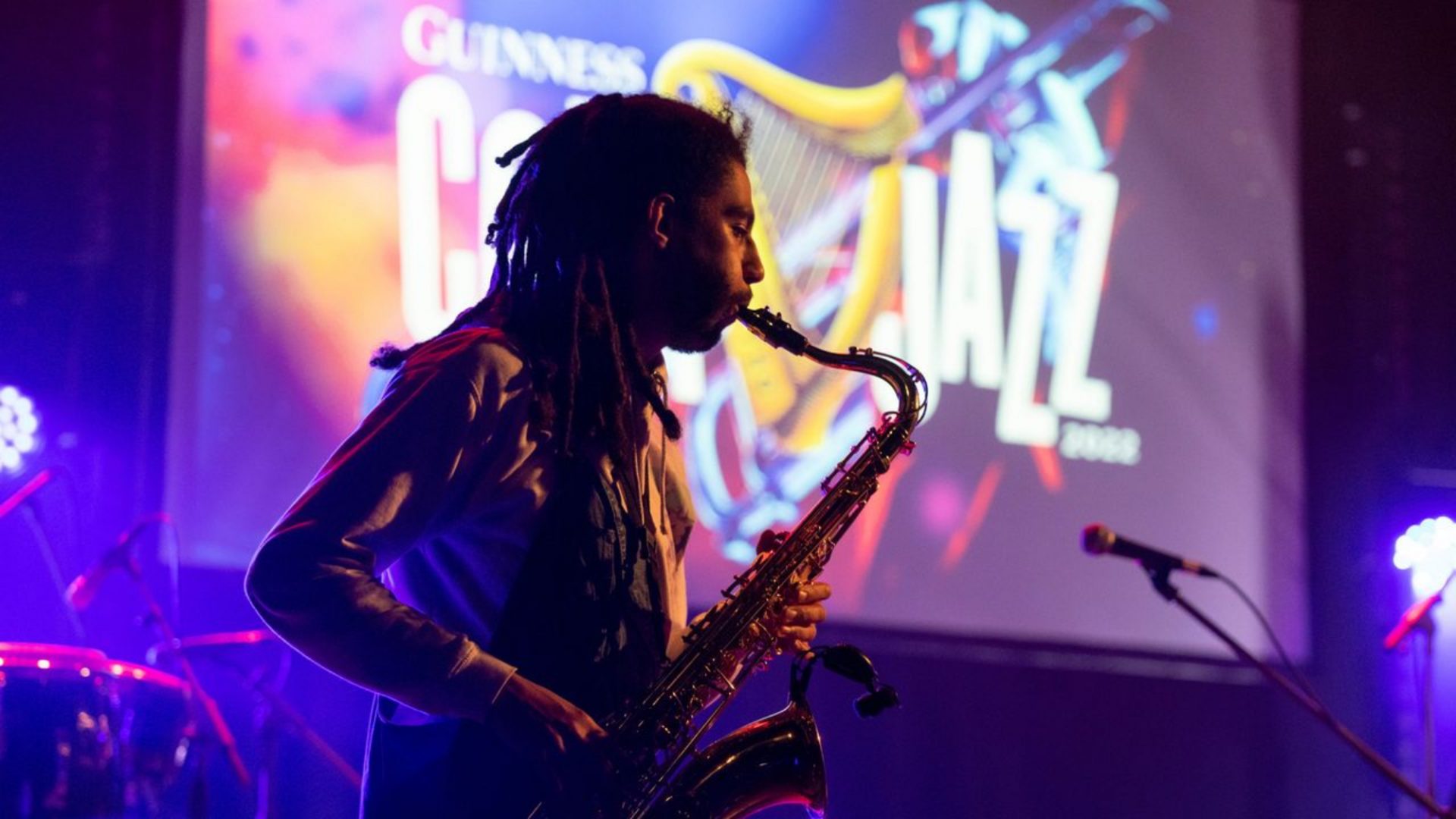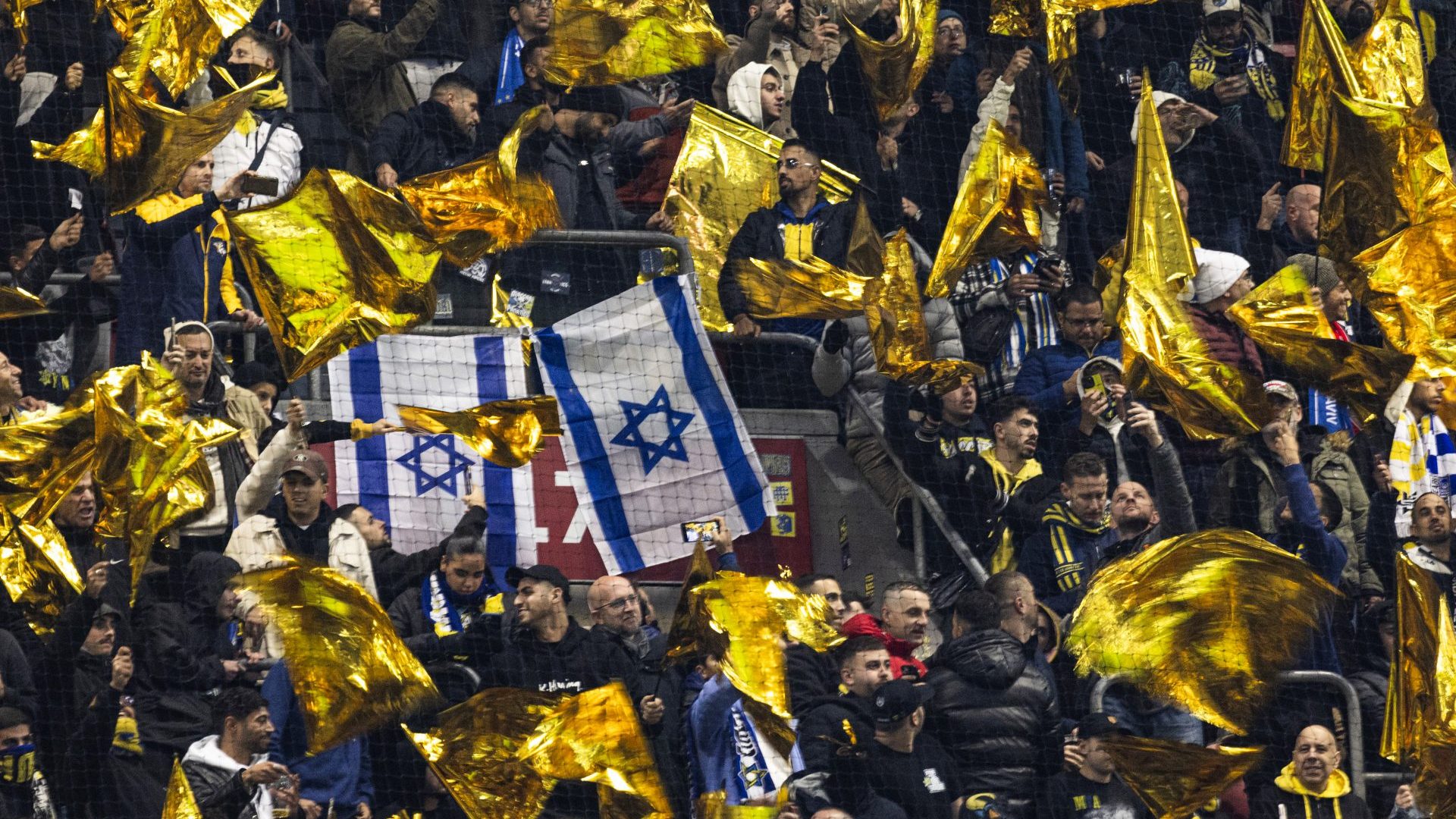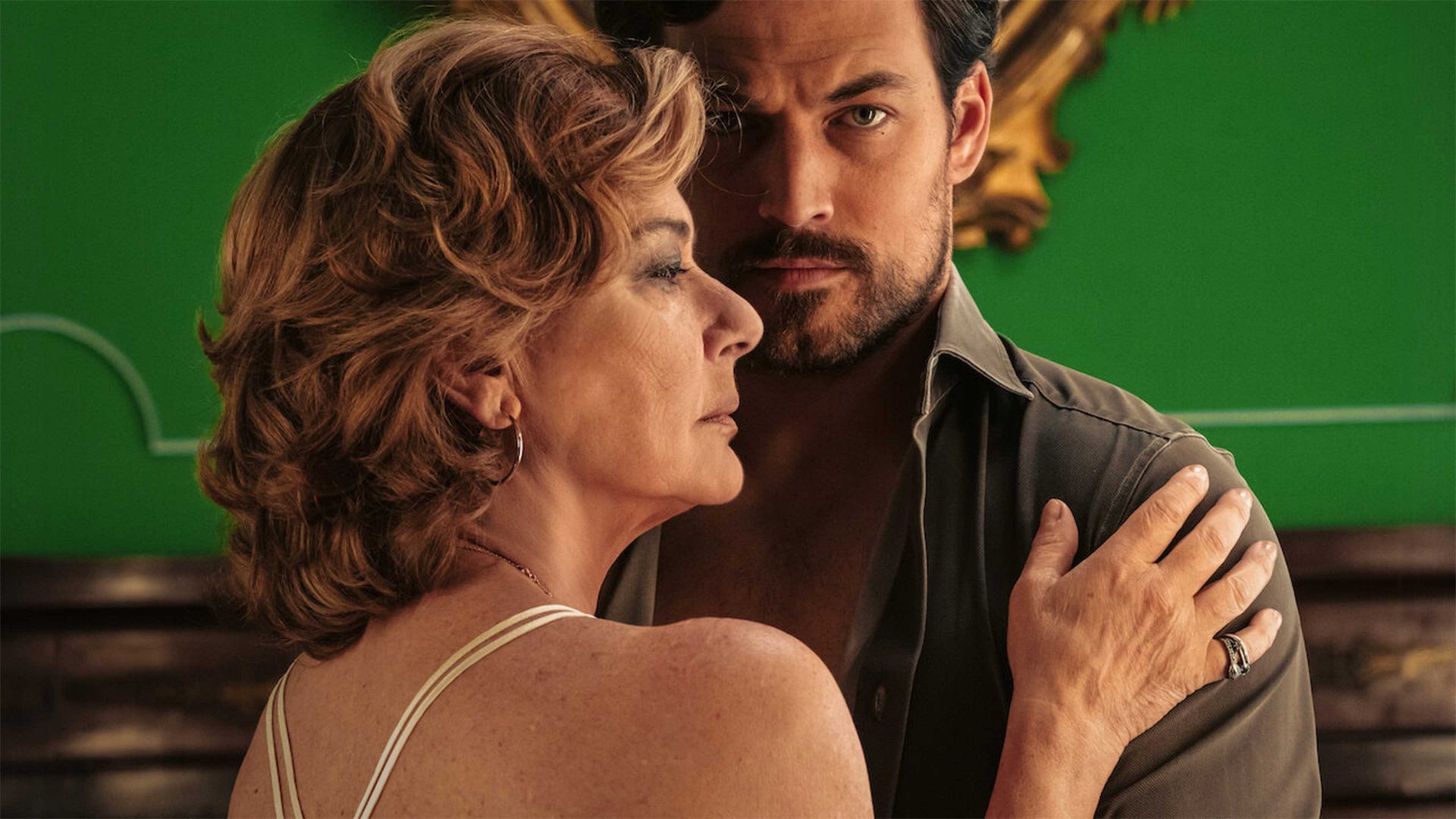On arrival at Cork airport, the man at the car rental desk asked what brought me to the city. “There’s a big jazz festival on,” he said. “I know,” I replied, “I’m in it.” He asked where I was performing. I told him. “Ah,” he said. “I’m barred from there – too much dancing.”
Later on, the man who took my €8 for the Monkstown car ferry was equally interested in what I (an Englishman) was doing there, and went on to recommend Kelly’s Bar in the nearby town of Cobh, where live music was to be found. “What sort of live music?” I enquired. His face clouded over. “Er, the Beatles and such, you know?” He wasn’t really sure.
Ireland looms large, it seems, when it comes to cliches and stereotypes, but some of them are truer than others. At our first gig in a huge out-of-town restaurant, giant TV screens played sports highlights all through the performance. I asked the drummer, our bandleader, what he thought of this. “Ah yes, that’s very Irish, isn’t it,” he replied, sadly.
In fact, it’s a phenomenon I’ve come across everywhere, so this was an Irish cliche he’d just invented. It reminded me of a pub gig I once played in London. Having completed what I thought was a rather mediocre solo, I was greeted by roars of approval from the audience. Gosh, I thought, I must be improving. Only then did I realise that the football was on, and the home side had just scored.
Back in Cork, the bandleader hit us with another potential stereotype: the venue, he warned, was geographically halfway between the posh end of Cork and the rough end, so we should be on our guard, because you never knew whether a fight was going to break out. Thankfully, the fighting Irish did not turn up on this occasion.
The city’s annual jazz festival always takes place over a bank holiday weekend, and some years this coincides with Halloween, with the result that music blares from every hotel and bar, and the huge crowds of pavement drinkers mingle with revellers in ghoulish costumes and makeup.
This year the boozers, ghouls and jazz fans were joined by hundreds of noisy pro-Palestine demonstrators. So once again Cork was buzzing, despite the leaden skies and continuous drizzle.
In fact, it was at the Metropole Hotel that the whole festival began in 1978, when the late cancellation of a bridge tournament forced the management into a rapid rethink.
Jazz nights had recently proved popular at the hotel, so someone came up with the idea of holding a festival to fill the gap. A few phone calls established that Kenny Ball, George Melly and Ronnie Scott were all free, and the rest is history. In the years since, stars of the calibre of Buddy Rich and Ella Fitzgerald have come to Cork.
Irish friends told me that the city’s hard-drinking, hard-partying culture has subsided since the double whammy of Covid and Brexit, both of which have hit the economy hard. One problem is that Irish businesses importing or exporting goods to mainland UK now have to register for customs. And while there is full employment, most young people can’t afford to buy a house these days.
Many have abandoned the pub for the gym. As in the UK, with less money about pubs are closing down, as people buy their booze at the supermarket to drink at home. As a result, the pubs now often close on Mondays and Tuesdays.
Perhaps some degree of rationalisation was needed: in Cobh, for example, the 14,000-strong population was once served by no fewer than 80 pubs and bars.
Even so, the crowds were thronging the streets in their thousands this bank holiday weekend. In the UK, any lull in the conversation means instant resort to the mobile phone. But here in Cork, I was pleasantly struck by the priority still given to the craic. And in any case, there are no lulls.
If the occasion merits it, people still dress up to go out, the men suited and booted, the women in skimpy black dresses despite the drizzle and the autumn chill, and this year at least, the jazz festival kept business at the Metropole as brisk as ever.
Peter Jones is a jazz musician and author based in London



